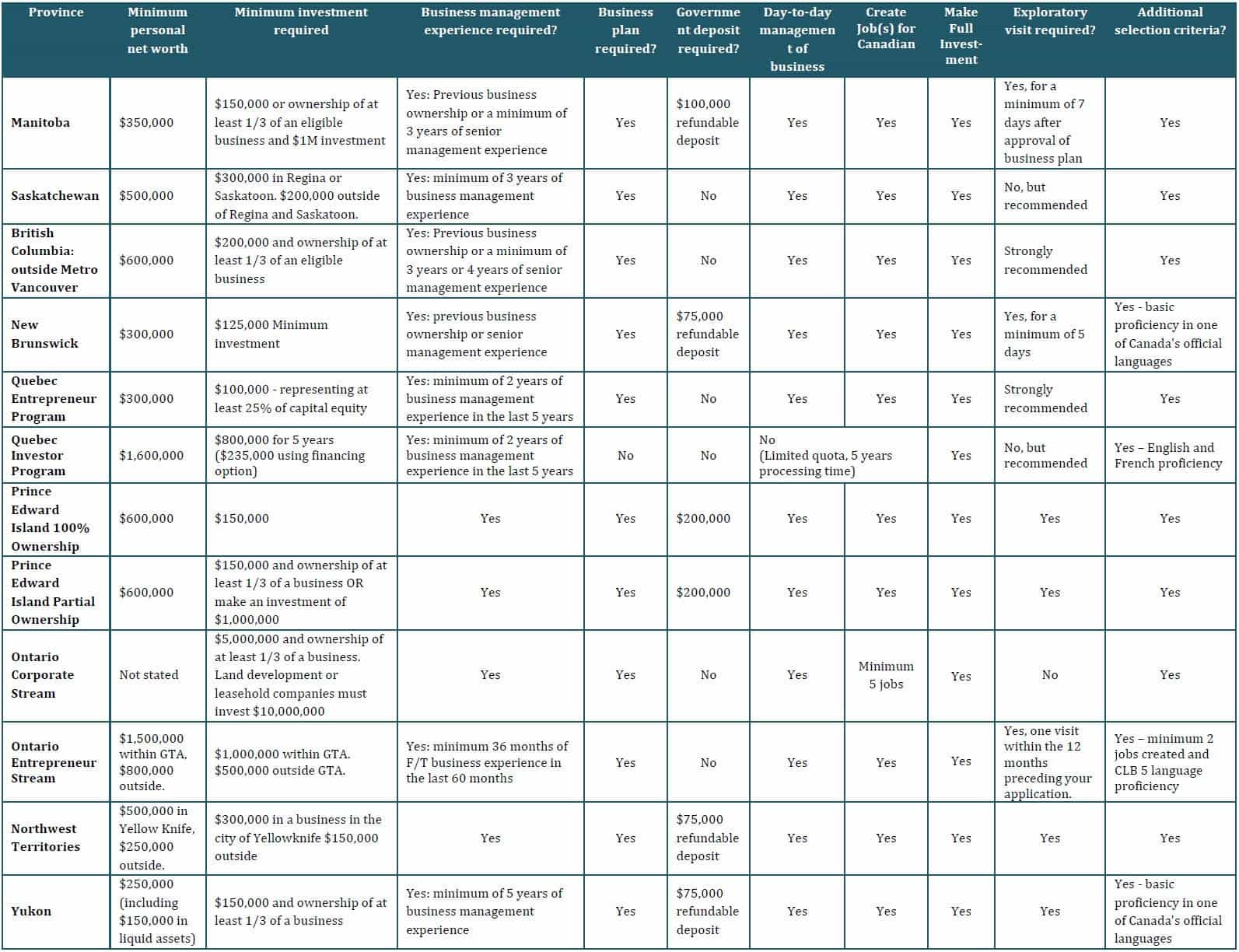Visitor visa vs. Super visa: What’s the difference?
While the Canadian Super Visa falls under the category of visitor visa, it is entirely designed for parents and grandparents of Canadian citizens and permanent residents.
The main distinction between the two visas is the duration of the authorized stay in Canada. A visitor visa only allows for a stay of up to 6 months at a time. With a Super Visa, eligible parents and grandparents can stay in Canada and visit family for 5 years at a time.
Get a Free Super Visa Telephone Consultation with the Cohen Immigration Law Firm
What is the visitor visa?
Most travellers need a visitor visa to travel to Canada. You may also need one if you’re transiting through a Canadian airport on your way to your final destination.
A visitor visa (also called a temporary resident visa) is an official document that the Canadian government will put in your passport, showing that you meet the requirements needed to travel to Canada.
Most travellers or visitors to Canada can stay for up to 6 months. At the port of entry, the border services officer may allow you to stay for less or more than 6 months. If this is the case, date you will need to leave by will be put in your passport. They can also give you a document, called a visitor record, which will show the date you need to leave by.
If you don’t get a stamp in your passport, you can stay for 6 months from the day you entered Canada or until your passport expires, whichever comes first.
You may need a visitor visa or an Electronic Travel Authorization (ETA). The entry document you need depends on:
The type of travel document you plan to travel with
The country that issued your travel document
Your nationality
Your method of travel to Canada for this trip
What is the Super Visa?
The Super Visa allows parents and grandparents of Canadian citizens and permanent residents to visit their family for up to five consecutive years without renewing their visitor status. Super Visa holders can enter Canada multiple times for up to 10 years.
The Super Visa is a great alternative to the Parents and Grandparents Program (PGP) as there is no lottery for the Super Visa, so it offers greater certainty to families hoping to sponsor their family members.
What are the Super Visa eligibility requirements?
To be eligible for the Super Visa, an applicant must be a parent or grandparent of a Canadian citizen or permanent resident. A spouse or common law partner of the applicant may be included on an application, but no dependents may be included.
Moreover, the applicant must not be inadmissible to Canada on the basis of criminality or health. In order to prove this, Super Visa applicants will need a medical examination.
An applicant’s purpose of the visit to Canada will be assessed – the applicant must be able to maintain sufficient ties to their home country.
Immigration, Refugees and Citizenship Canada (IRCC) ensures that the parents and grandparents will be properly supported during their time in Canada. To demonstrate this support, the child or grandchild of the applicant must be able to show that they can meet the income requirements, identified by the Low-Income Cut Off (LICO).
The purpose of the income requirement is to ensure the child or grandchild’s ability to financially support their family members, since it can be a responsibility to support an elderly family member.
The proof of financial ability can be provided in the form of the following documents:
Notice of Assessment (NOA) or T4/T1 for the most recent tax year
Employment Insurance Stubs
An employment letter that includes salary and hire date
Pay stubs
Bank statements
The applicant must also provide a signed letter from their child or grandchild inviting them to Canada, which includes:
A promise of financial support for the length of your visit
The list and number of people in the household of this person
A copy of this person’s Canadian citizenship or permanent resident document
The applicant must also have medical insurance from a Canadian insurance company that is:
Valid for at least 1 year from the date of entry
At least $100,000 of emergency coverage
Have proof that the medical insurance has been paid in full
Once the applicant determines that they are eligible and has all the required documentation, the application should be processed at the Canadian visa office responsible for the applications place of residence outside Canada.
Get a Free Super Visa Telephone Consultation with the Cohen Immigration Law Firm















